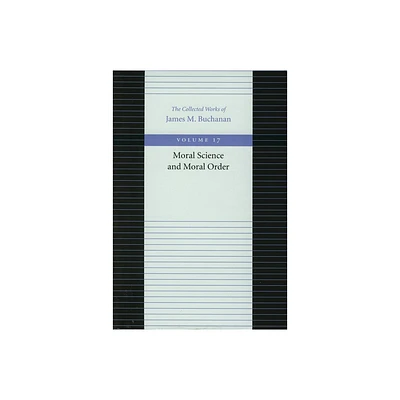Home
the Enduring Tension: Capitalism and Moral Order
Loading Inventory...
Barnes and Noble
the Enduring Tension: Capitalism and Moral Order
Current price: $31.99


Barnes and Noble
the Enduring Tension: Capitalism and Moral Order
Current price: $31.99
Loading Inventory...
Size: Hardcover
*Product Information may vary - to confirm product availability, pricing, and additional information please contact Barnes and Noble
Western civilization fashioned a capitalism that created a worldwide economic cornucopia and higher standards of living than any other system, yet its legitimacy is often questioned by its beneficiaries. Boston University Emeritus Professor Angelo M. Codevilla, proclaims Donald Devine’s
The Enduring Tension
between
Capitalism and the Moral Order
, “the best answer to this question since Adam Smith’s. Like Smith, Devine shows the mutually sustaining nature of morality and economic freedom, and provides a much-needed clearing away of the confusion with which recent authors have befogged this essential relationship.”
Devine begins with Karl Marx setting capitalism’s roots in feudalism and the implications of that traditionalist inheritance, finally transformed by Rousseau’s “Christian heresy,” which turned the vision of heavenly perfection into an impossibly perfect ideal for earthly society.
To unravel this capitalist enigma, Devine identifies the roots of the confusion, critiques the rationalized responses, and identifies the remedy—the revival of an historical Lockean pluralism able to fuse a moral scaffolding sufficient to hold the walls and preserve the best of capitalist civilization.
The Enduring Tension
between
Capitalism and the Moral Order
, “the best answer to this question since Adam Smith’s. Like Smith, Devine shows the mutually sustaining nature of morality and economic freedom, and provides a much-needed clearing away of the confusion with which recent authors have befogged this essential relationship.”
Devine begins with Karl Marx setting capitalism’s roots in feudalism and the implications of that traditionalist inheritance, finally transformed by Rousseau’s “Christian heresy,” which turned the vision of heavenly perfection into an impossibly perfect ideal for earthly society.
To unravel this capitalist enigma, Devine identifies the roots of the confusion, critiques the rationalized responses, and identifies the remedy—the revival of an historical Lockean pluralism able to fuse a moral scaffolding sufficient to hold the walls and preserve the best of capitalist civilization.


















